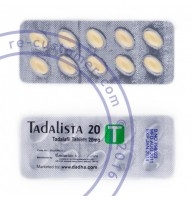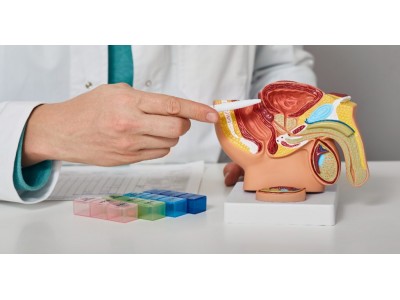Managing an enlarged prostate (benign prostatic hyperplasia, BPH) naturally focuses on reducing symptoms and improving overall prostate health. Here are some approaches that may help:
Healthy Diet: Emphasize a diet rich in fruits, vegetables, whole grains, and lean proteins. Limit red meat and saturated fats. Foods high in antioxidants, such as tomatoes, berries, and nuts, may be beneficial.
Stay Active: Regular physical activity can help maintain a healthy weight and reduce BPH symptoms. Aim for at least 30 minutes of moderate exercise most days of the week.
Fluid Intake: Stay adequately hydrated by drinking plenty of water throughout the day. Avoid consuming large amounts of fluids close to bedtime to reduce nighttime urination.
Limit Alcohol and Caffeine: Both alcohol and caffeine can irritate the bladder and worsen BPH symptoms. Limit their consumption, especially in the evening.
Herbal Supplements: Some herbal remedies like saw palmetto, pygeum, and stinging nettle have been used traditionally to alleviate BPH symptoms. However, evidence on their effectiveness is mixed, and it's important to consult with a healthcare provider before starting any supplements.
Manage Stress: Chronic stress can worsen urinary symptoms. Practice stress-reducing techniques such as deep breathing, meditation, or yoga.
Prostate Exercises: Certain exercises, like Kegel exercises, can help strengthen pelvic floor muscles and improve bladder control.
Avoid Over-the-Counter Cold Medications: Decongestants and antihistamines can worsen urinary symptoms in some men with BPH. Consult with a healthcare provider before taking any medications.
Medical Check-ups: Regular visits to a healthcare provider are important to monitor prostate health and address any changes in symptoms promptly.
It's important to note that while these natural approaches may help alleviate symptoms and improve quality of life, they may not shrink the prostate or provide a complete cure for BPH. If symptoms are severe or significantly affecting daily life, medical treatments such as prescription medications or minimally invasive procedures may be necessary. Always consult with a healthcare provider for proper diagnosis and personalized recommendations.
Read also about erectile dysfunction.

